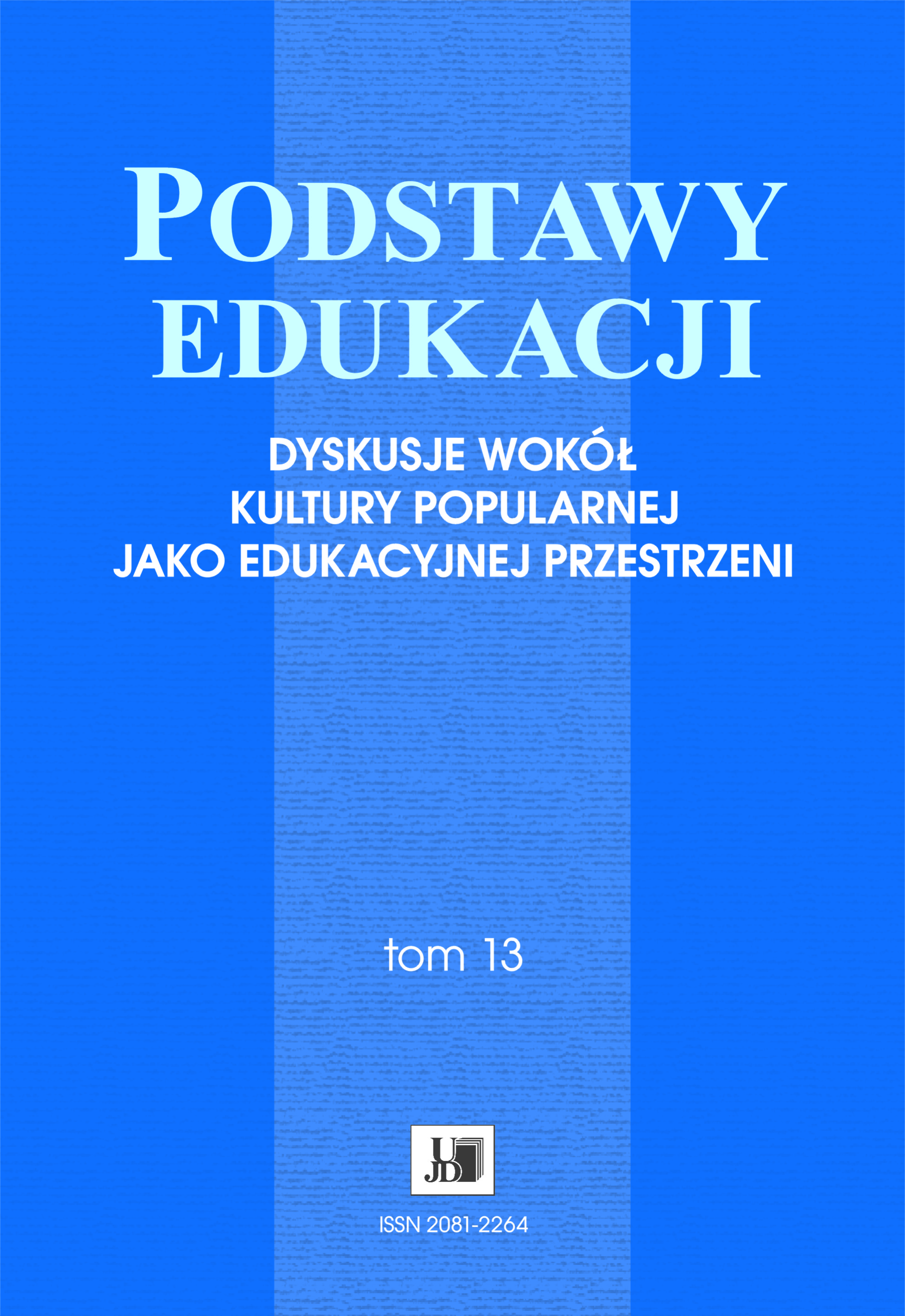Abstrakt
Higher education institutions (HEIs) in Armenia and Belarus have been conducted doctoral and postgraduate programs since Soviet Union times. In both countries consisted of two successive scientific (research) degrees: Candidate of Sciences and Doctor of Sciences.
The main purpose of research education has been the creation of new investigation; moreover, it gave bigger importance to the results of scholarship rather than formation of scholars with specific knowledge, capacities, and skills, including teaching skills for higher education, dealing with modern technologies, and so on. In contemporary post-industrial societies, knowledge becomes out-dated very quickly, making the training of versatile, innovative doctoral candidates a high priority. Their future career and employment opportunities are not limited to scholarly endeavors or teaching activities in traditional academic environment.
The new generation of researchers should be competent not only in their professional area, but also have general broad preparedness, including communication, management and entrepreneurial skills.
Our article also offers a mixed-method perspective on the investigation of determinants of ef-fectiveness in quality assurance at higher education institutions.
Bibliografia
Anderson, G. (2006). Assuring quality/resisting quality assurance: academics’ responses to ‘quality’ in some Australian universities. Quality in Higher Edu-cation, 12 (2), 161–173.
Broucker, B., De Wit, K. (2015). New Public Management in Higher Education. In: J. Huisman, H. de Boer, D.D. Dill, M. Souto-Otero (eds), The Palgrave International Handbook of Higher Education Policy and Governance (p. 57–75). London: Palgrave Macmillan. https://doi.org/10.1007/978-1-137-45617-5_4
Christensen, K. (2005). General rapporteur’s report. Paper presented at Bologna seminar on doctoral programmes for the European Knowledge Society, February 3–5, in Salzburg, Austria.
Enders, J., Westerheijden, D.F. (2014). The Bologna process: from the national to the regional to the global and back. In: R. King, S. Marginson, R. Naidoo (eds.), Handbook On Globalization And Higher Education. Elgar Original Reference (p. 469–484). Cheltenham, U.K.: Edward Elgar Publishing Ltd.
Harvey, L., Williams, J. (2010). Fifteen years of quality in higher education. Quality in Higher Education, 16, 3–36.
Lipai, T., Mamedov, A., Dziurzyński K. (ed.). (2012). Postawy polityczne młodzieży a edukacja obywatelska. Józefów: Wydawnictwo Wyższej Szkoły Gospodarki Euroregionalnej im. Alcide De Gasperi.
Lipai, T., Tchanturia, N., Goderdzishvili, B., Galiński, P., Seredocha, I. (ed.). (2019). Gospodarka i społeczeństwo w europejskiej perspektywie: monografia. Elbląska Uczelnia Humanistyczno-Ekonomiczna. Pelplin: Wydawnictwo Bernardinum.
Lipai, T., Volkova, O., Babenko, I. (2017). Strengthening the role of human capital in the context of integration into the global educational space. The European Union and the Republic of Belarus: Getting Closer for Better Future. Minsk: BSU, p. 314–318.
Vught van, F., Boer de, H. (2015). Governance Models and Policy Instruments. In: J. Huisman, H. de Boer, D.D. Dill, M. Souto-Otero (eds.), The Palgrave International Handbook of Higher Education Policy and Governance (p. 38–56). London: Palgrave Macmillan. https://doi.org/10.1007/978-1-137-45617-5_3

Utwór dostępny jest na licencji Creative Commons Uznanie autorstwa 4.0 Międzynarodowe.
Prawa autorskie (c) 2020 Podstawy Edukacji
